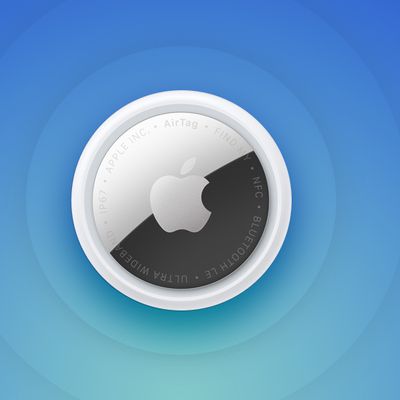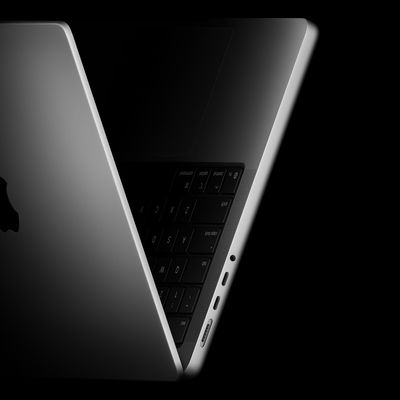In March 2017, a report from Bloomberg stated that Verizon Communications was preparing to launch its own live streaming television service, entering as a competitor to DirecTV Now, Sling TV, PS Vue, and more. Later in October, the service was delayed to 2018, and now company CEO Lowell McAdam has hinted that plans for the OTT platform will shift to a partnership-focused model.
Speaking with Yahoo Finance this week, McAdam said that he believes the "linear" model of TV is dead, referencing how viewers traditionally received their content via a strict live schedule, in contrast to on-demand streaming. Reporting on the interview, Multichannel News stated McAdam is looking into integrating Oath's content (a subsidiary of Verizon) with an existing over-the-top provider.

McAdam is believed to have a partner for this picked out soon, and the plan is to launch in the fourth quarter of 2018. Back in October, McAdam stated that the company was giving itself six months to decide whether to offer the service as stand-alone or through a partnership -- a decision that now appears to be made.
Well by the time we launch in fourth quarter we will have a partner picked out, and we'll integrate our Oath assets into the linear assets that they have and bring the full package to customers. We think that's gonna be a big hit from a customer perspective.
It's uncertain which platform Verizon might choose with the growing stable of live TV streaming services on the market. Least likely candidates are DirecTV Now due to AT&T's ownership of the service, and T-Mobile's own upcoming OTT service. Other popular services include YouTube TV, Hulu With Live TV, and fuboTV. All of these include options to watch linear live tv, as well as check out content at any time on demand.
At the time of the initial rumor, Verizon's platform was reported to launch with "dozens" of channels and run between $20/month and $35/month, which are Sling TV's and DirecTV Now's starting prices, respectively. At the time of the delay, people close to the company referenced staff shuffling, negotiations for streaming rights, and technology reboots as contributing factors to the postponed launch, and likely affected the company's decision to partner with an existing service instead.
At one point Apple was hoping to become a competitor in the live-streaming service field with its own dedicated cord-cutting bundle, but rumors of that service died down after news came out that the company was "frustrated" by its repeated inability to reach mutually beneficial terms with network programmers. Now, Apple is focusing on launching an on-demand streaming service along the likes of Netflix and Amazon Prime Video.





















Top Rated Comments